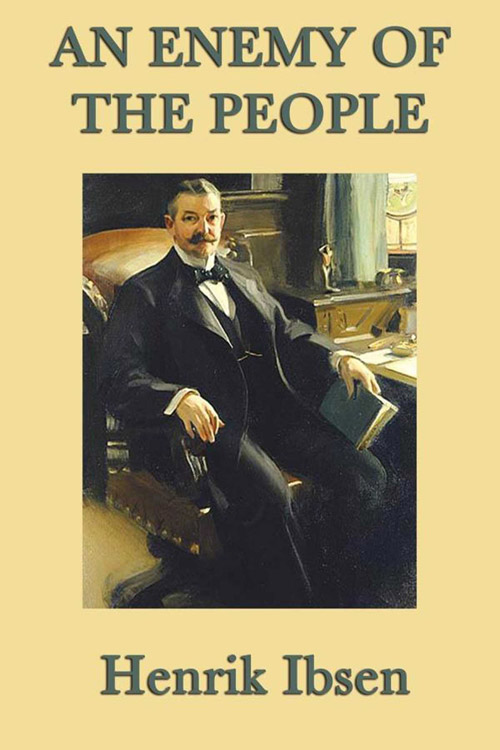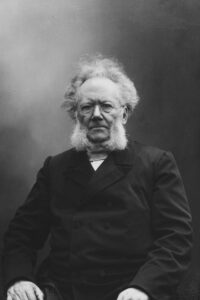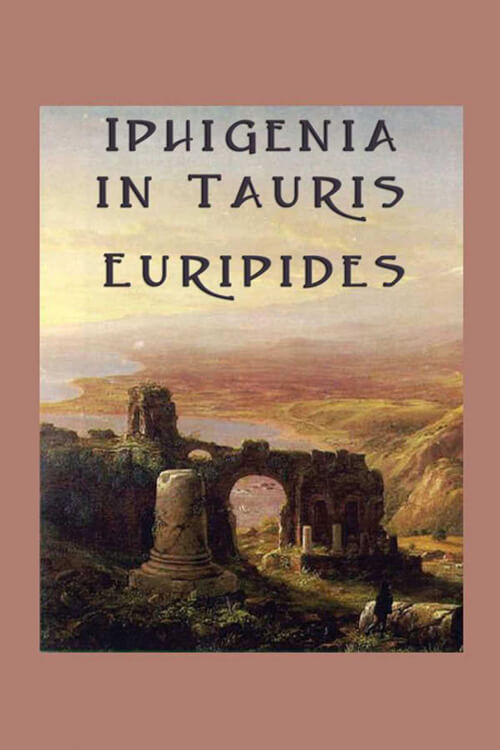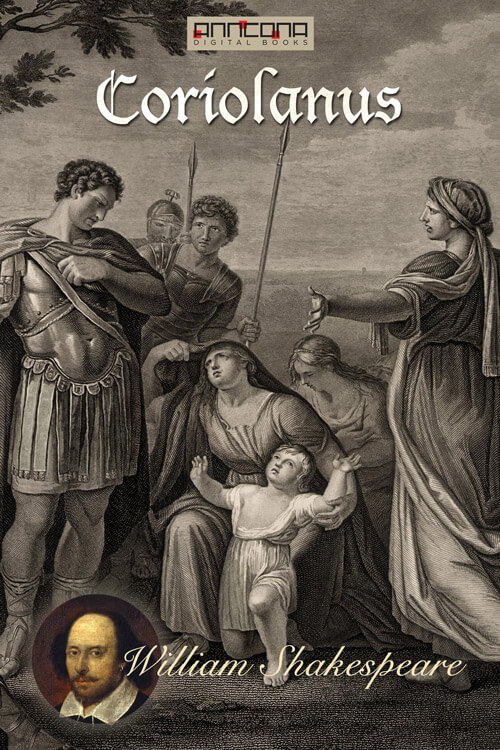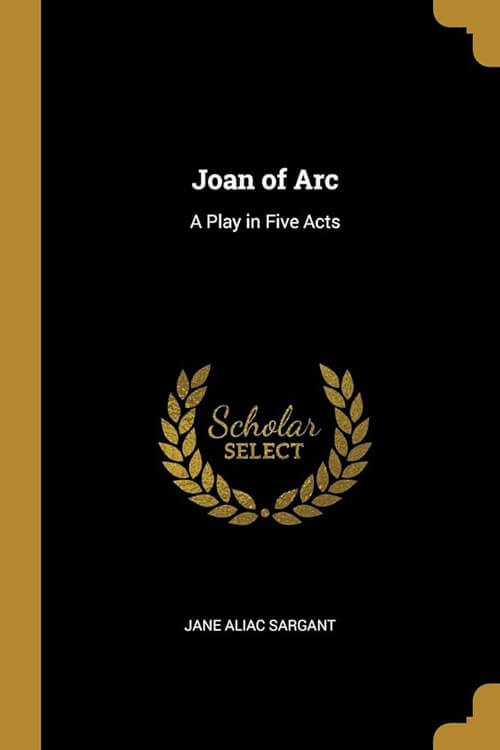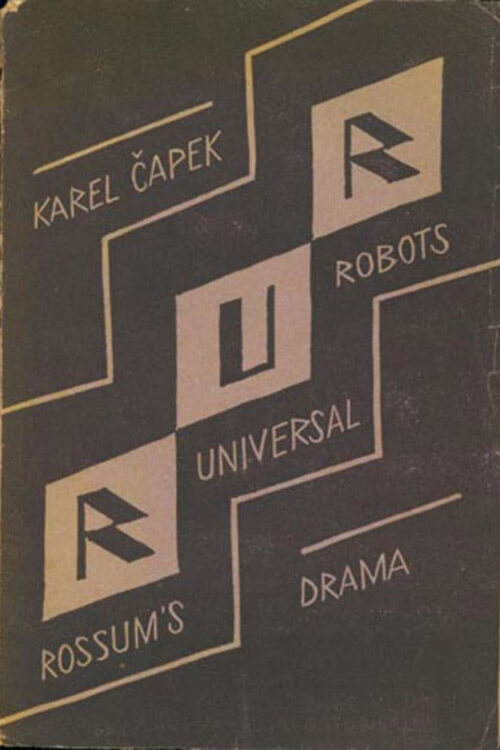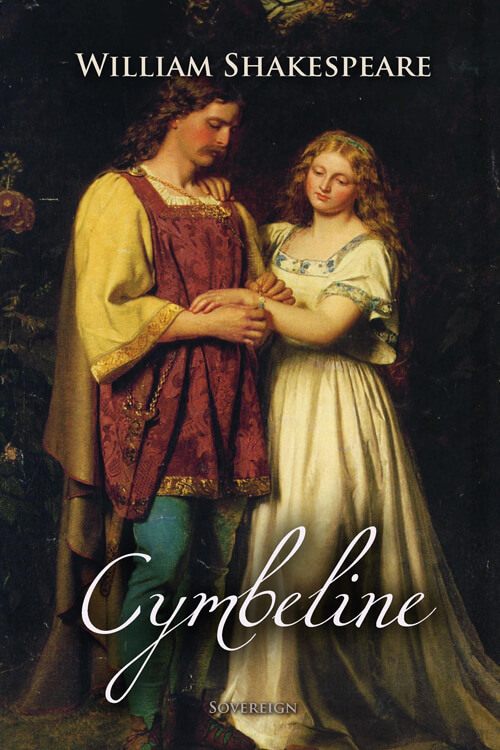
An Enemy of the People
(SCENE.—DR. STOCKMANN’S sitting room. It is evening. The room is plainly but neatly appointed and furnished. In the righthand wall are two doors; the farther leads out to the hall, the nearer to the doctor’s study. In the left-hand wall, opposite the door leading to the hall, is a door leading to the other rooms occupied by the family. In the middle of the same wall stands the stove, and, further forward, a couch with a looking glass hanging over it and an oval table in front of it. On the table, a lighted lamp, with a lampshade. At the back of the room, an open door leads to the dining room. BILLING is seen sitting at the dining table, on which a lamp is burning. He has a napkin tucked under his chin and MRS. STOCKMANN is standing by the table handing him a large plate full of roast beef. The other places at the table are empty, and the table somewhat in disorder, evidently a meal having recently been finished.)
Mrs. Stockmann. You see, if you come an hour late, Mr. Billing, you have to put up with cold meat.
Billing (as he eats). It is uncommonly good, thank you— remarkably good.
Mrs. Stockmann. My husband makes such a point of having his meals punctually, you know.
Billing. That doesn’t affect me a bit. Indeed, I almost think I enjoy a meal all the better when I can sit down and eat all by myself, and undisturbed.
Mrs. Stockmann. Oh well, as long as you are enjoying it—. (Turns to the hall door, listening.) I expect that is Mr. Hovstad coming too.
Billing. Very likely.
(PETER STOCKMANN comes in. He wears an overcoat and his official hat, and carries a stick.)
Peter Stockmann. Good evening, Katherine.
Mrs. Stockmann (coming forward into the sitting room). Ah, good evening—is it you? How good of you to come up and see us!
Peter Stockmann. I happened to be passing, and so—(looks into the dining room). But you have company with you, I see.
Mrs. Stockmann (a little embarrassed). Oh, no—it was quite by chance he came in. (Hurriedly.) Won’t you come in and have something, too?
Peter Stockmann. I! No, thank you. Good gracious—hot meat at night! Not with my digestion,
Mrs. Stockmann. Oh, but just once in a way—
Peter Stockmann. No, no, my dear lady; I stick to my tea and bread and butter. It is much more wholesome in the long run—and a little more economical, too.
Mrs. Stockmann (smiling). Now you mustn’t think that Thomas and I are spendthrifts.
Peter Stockmann. Not you, my dear; I would never think that of you. (Points to the Doctor’s study.) Is he not at home?
Mrs. Stockmann. No, he went out for a little turn after supper— he and the boys.
Peter Stockmann. I doubt if that is a wise thing to do. (Listens.) I fancy I hear him coming now.
Mrs. Stockmann. No, I don’t think it is he. (A knock is heard at the door.) Come in! (HOVSTAD comes in from the hall.) Oh, it is you, Mr. Hovstad!
Read or download Book
Henrik Ibsen
Henrik Johan Ibsen ( 20 March 1828 – 23 May 1906) was a Norwegian playwright and theatre director.
Biography.
As one of the founders of modernism in theatre, Ibsen is often referred to as “the father of realism” and one of the most influential playwrights of his time, as well as one of the most influential playwrights in Western literature more generally. His major works include Brand, Peer Gynt, An Enemy of the People, Emperor and Galilean, A Doll’s House, Hedda Gabler, Ghosts, The Wild Duck, When We Dead Awaken, Rosmersholm, and The Master Builder. Ibsen is the most frequently performed dramatist in the world after Shakespeare, and A Doll’s House was the world’s most-performed play in 2006.
Ibsen’s early poetic and cinematic play Peer Gynt has strong surreal elements. After Peer Gynt Ibsen abandoned verse and wrote in realistic prose. Several of his later dramas were considered scandalous to many of his era when European theatre was expected to model strict morals of family life and propriety. Ibsen’s later work examined the realities that lay behind the façades, revealing much that was disquieting to a number of his contemporaries. He had a critical eye and conducted a free inquiry into the conditions of life and issues of morality. In many critics’ estimates, The Wild Duck and Rosmersholm are “vying with each other as rivals for the top place among Ibsen’s works”; Ibsen himself regarded Emperor Galilean as his masterpiece.
Ibsen is often ranked as one of the most distinguished playwrights in the European tradition and is widely regarded as the foremost playwright of the nineteenth century. He influenced other playwrights and novelists such as George Bernard Shaw, Oscar Wilde, Harley Granville Barker, Arthur Miller, Marguerite Yourcenar, James Joyce, Eugene O’Neill, and Jon Fosse. Ibsen was nominated for the Nobel Prize in Literature in 1902, 1903, and 1904.
Ibsen was born into the merchant elite of the port town of Skien and grew up as a member of the Ibsen–Paus extended family. Through the Paus family, Ibsen’s parents were raised as social “near-siblings.” Although most of Ibsen’s plays are set in Norway—often in places reminiscent of Skien—Ibsen lived for 27 years in Italy and Germany and rarely visited Norway during his most productive years. Ibsen’s dramas were informed by his background, and he often modeled or named characters after family members. Ibsen wrote his plays in Dano-Norwegian, and they were published by the Danish publisher Gyldendal. He was the father of Prime Minister Sigurd Ibsen.

